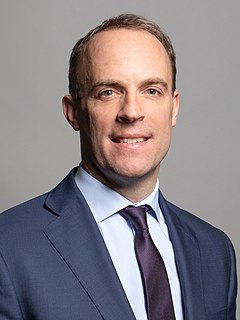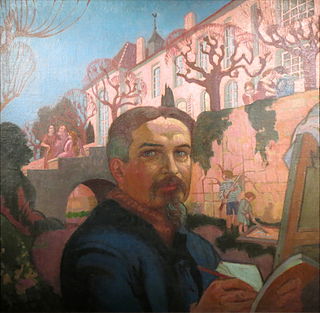A Quote by Bill Gates
Imagine the disincentive to software development if after months of work another company could come along and copy your work and market it under its own name...without legal restraints to such copying, companies like Apple could not afford to advance the state of the art.
Related Quotes
Booksellers are tied to publishing - they need conventional publishing models to continue - but for those companies, that's not the case. Amazon is an infrastructure company; Apple sells hardware; Google is really an advertising company. You can't afford as a publisher to have those companies control your route to market.
Much of the work legal executives do has to be supervised by a solicitor, irrespective of the experience or ability of the individual. In practice, this is a major disincentive to legal executives setting up their own high street practices. Even when they can do the work, they are still tied to solicitors.
The NeXT purchase is too little too late. The Apple of the past was an innovative company that used software and hardware technology together to redefine the way people experienced computing. That Apple is already dead. Very adroit moves might be able to save the brand name. A company with the letters A-P-P-L-E in its name might survive, but it won't be the Apple of yore.
What is it about a work of art, even when it is bought and sold in the market, that makes us distinguish it from . . . pure commodities? A work of art is a gift, not a commodity. . . works of art exist simultaneously in two “economies”, a market economy and a gift economy. Only one of these is essential, however: a work of art can survive without the market, but where there is no gift, there is no art.
We learned from Gauguin that every work of art is a transposition, a caricature, a passionate equivalent of a sensation which has been experienced. He freed us from all restraints which the idea of copying naturally placed on our painter's instincts. All artists are now free to express their own personality.
Voices come to me but to maintain them is hard work. They go away just as easily, so I have to remember them and that takes work. With Sid, I needed to make sure you could understand what he is saying, his enunciation. Sometimes I couldn't even say my own name [his name] in his voice. It sounds like 'Shid', it sounds a bit like he has a lisp.
Contemporary technology could be used to eliminate ownership and management of corporations. It could be used to provide - lets say Apple computers. In principle information technology could be used to provide direct information to the work force on the ground so that they could democratically decide what the company would do, eliminating the role of management. It could be used for that. People aren't developing technology for that purpose.


































